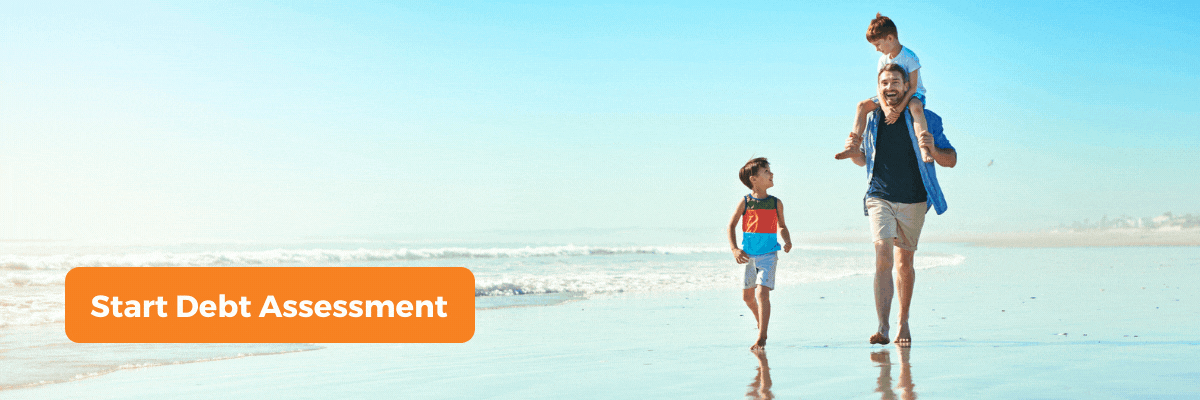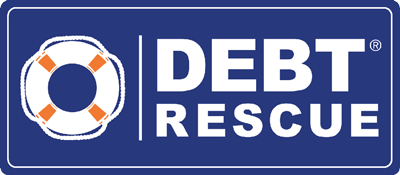Money management is hard at the best of times. So when something goes wrong, such as losing your job, it doesn't take much for financial disaster to strike. You can have plans in place to help in situations like this, such as an emergency savings account and income protection insurance. But not every Australian is fortunate enough to have these as a saving grace. If you lose your job, here are some things you can do to manage your money through unemployment.
Use What You've Got
Credit card interest can see your debt double in a matter of months. If you have a mortgage, now might be a good time to use the equity in your home loan to consolidate your debt. This can minimise the interest on your outstanding debts and leave you with one repayment which is easy to manage. If you are worried about finding a consolidation loan, use a broker who specialises in non-conforming lenders, such as Positive Solutions Finance.
If you don't have a home, look to your other assets to produce some more income. Can you sell your car, motorbike or boat to make ends meet? How about furniture or electronics? Ebay and Gumtree are a good place to sell unwanted goods.
Strive for an Income
While finding a new full time job can be tough, you can find some supplement income in the meantime to keep things afloat. Speak to Centrelink about unemployment benefits. You can also draw on your skills to do odd jobs for cash. You could offer to do garden maintenance for your neighbours, walk dogs, babysit, write resumes or proof-read documents for businesses.
If you are able to get Centrelink benefits and cash from odd jobs, make sure you let Centrelink know about your other income.
Reduce Your Expenses
There are basic living expenses you simply must pay. These include your rent or mortgage, groceries, petrol, utilities, insurance, medical costs and transportation. Call each of your service providers and let them know your situation. They may have hardship arrangements available and can work with you to reduce your repayments until you find work again.
If you have things like magazine subscriptions, Pay TV or streaming services, now is the time to put a hold on these services or cancel them to reduce your living costs to an affordable level. You can always get them back when you find a new job and things pick up again.
Prioritise Your Debts
Some debts are far more important to maintain than others. For example, secured debts are borrowed against an asset and if you fall behind on those repayments your asset could be repossessed by the bank. Most car loans are secured so make sure you pay these first to avoid the loss of a valuable asset. You also want to keep up with mortgage repayments and utility bills. Credit card debts often have a very high interest rate, so leaving these too long without repayments can see them spiral out of control. You might also want to prioritize these debts to keep them manageable.
Each creditor is different, but going for any period of time without making repayments on your debts can result in defaults on your credit file, having your debt referred to debt collection agencies and court judgements. Always try to be open and honest with your creditors. Don't ignore their calls. Keep them in the loop and let them know you are struggling. They might be able to offer a short term arrangement until you get out of the woods.
Ongoing Debt Issues
If a period of unemployment has left you struggling with your debts you might be able to use a Debt Agreement or a Debt Settlement to reduce and manage your debts. However if you are still unemployed, have very little income and your employment prospects aren't looking good, you may have to consider bankruptcy.
If you are struggling with your debts due to unemployment call Debt Rescue on 1800 003 328. Our Case Managers will be able to advise you of the best solutions available to you in your circumstances.
For more information on budgeting and how it can help get your finances back on track, check out our budgeting page.
-137x60px.png)




